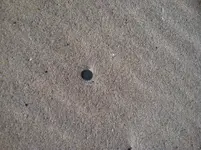I first "figured out" where "coin beach" was back in the summer of 2011. The old bridge at the Indian River Inlet was being demolished and that summer I headed out to the beach and found very little. Then came Sandy and everything changed. I won't do a whole lot of elaborating here, but about 5 weeks after Sandy I started detecting coins from the shipwreck in the dry sand. I have almost thirty now, but these days they are quite hard to come by as it's all sanded in now and the Corps of Engineers has dumped millions of tons of sand on the beach. Of course, one really good winter storm, and the coins will reappear again. The State of Delaware has put up a new marker in the the last year, so here is a photo essay of some of the finds. Enjoy.
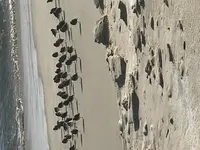
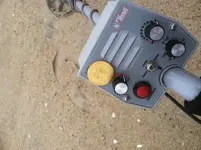
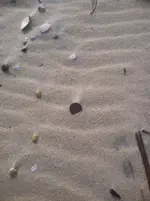

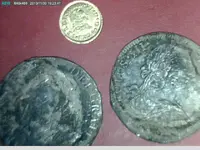
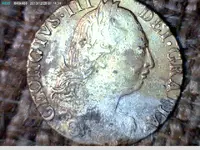
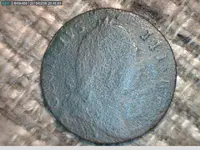







Amazon Forum Fav 👍
Attachments
Last edited:
Upvote
18



